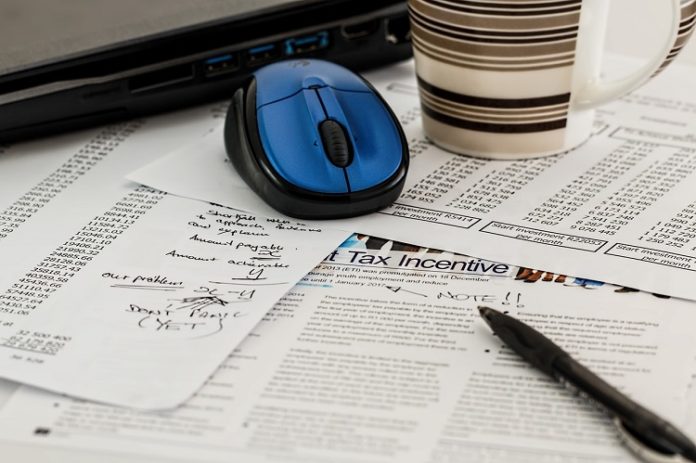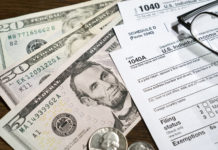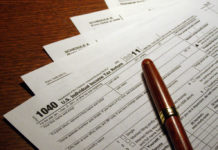An offsetting tax reduction may be needed to save a proposal by Gov. Laura Kelly’s administration to tax digital goods.
“The first step, if it is to go anywhere, is to find out if a revenue-neutral alternative is palatable,” said Republican Rep. Steven Johnson, chairman of the House tax committee.
Johnson’s remarks came after the tax committee heard testimony on a proposal to tax digital products as a way of balancing the marketplace with brick-and-mortar retailers.
The governor’s tax council last year recommended taxing digital products, which is expected to bring in about $45 million in 2021.
The revenue is expected to grow to $50 million 2022 and reach almost $53 million by 2025.
The tax would be applied to everything ranging from music downloads to apps to online periodical subscriptions.
Twenty-nine of the 45 states that collect a retail sales tax charge sales taxes on digital goods. Missouri and Oklahoma do not tax digital products.
The legislation applies a tax created in 1937 to consumer products that have evolved into a digital format with the growth of the internet, administration officials said.
“What was once in the tax base has now leaked away,” said Mike Hale, an attorney for the Department of Revenue.
The legislation is “really not about a new tax, it’s trying to reconstitute a tax base that has bled away over time,” Hale told the tax committee Wednesday.
Some lawmakers didn’t see it that way. They saw the proposal as another attempt to raise taxes.
“I don’t know any of my constituents that are begging for any more taxes coming out of this committee,” said Republican state Rep. Ken Corbet.
“I just don’t think this is something that is needed or the way to go,” he said. “People are taxed enough in this state.”
Lawmakers pressed opponents of the legislation about whether they might support the bill if the revenues were used to lower other taxes.
“If we would have a commensurate reduction arbitrarily on the sales tax on food that would offset this, would you be less opposed or would you be neutral? ” Republican Rep. John Eplee asked Michael Austin of the Kansas Policy Institute.
Austin, KPI’s director of the Sandlian Center for Entrepreneurial Government, said he opposed the bill because it didn’t provide any offsetting tax reductions.
He said there were a number of possibilities for a tax offset, such as increasing the standard income tax deduction or allowing Kansans to itemize on their state tax return even if they don’t itemize on their federal return.
“If there’s a bill that comes about that wants to take that revenue and provide it back to the taxpayers…I would have to reevaluate. But I know it wouldn’t be this exact opinion I am giving you today.”
Trey Cocking, deputy director of the League of Kansas Municipalities, said the bill is a matter of tax fairness.
“This isn’t about simply taxing Netflix as media reports would say,” Cocking said.
“The opponents will come up here and say, ‘This is a new tax.’ This is an old tax,” he said. “This is money that cities were receiving, that the state was receiving, that is gone now.”
The proposed tax on digital goods has not been warmly received by House Republican leadership.
House Majority Leader Dan Hawkins campaigned against it on social media early in the session, using a picture of “baby Yoda” from the “The Mandalorian” series on Disney+.
“Ready to pay more to stream your favorite shows?” Hawkins tweeted. “It may not be long before your streaming budget takes a hit if Gov. Kelly gets her way by adding a new tax on all streaming services.”
House Speaker Ron Ryckman Jr. also has criticized the proposal, saying it violates the governor’s election promise not to raise taxes.
















